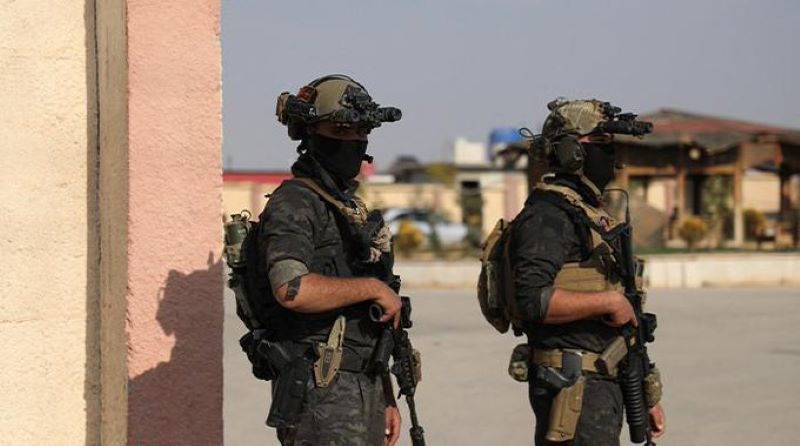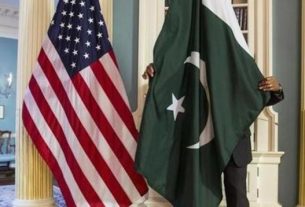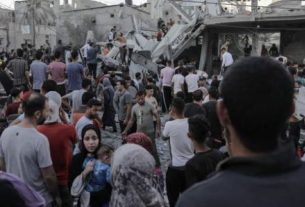In a watershed moment for Syria, rebel forces have captured Damascus, effectively ending President Bashar al-Assad’s 24-year rule. On Sunday morning, the rebels announced on national television that they had overthrown the Assad regime, declaring the capital city “free.” A senior Syrian officer confirmed to Reuters that military leadership had notified commanders of the government’s collapse.
Amid the fallout, conflicting reports indicate that Assad, who fled Damascus before its capture, may have died in a plane crash. According to data from the flight-tracking platform Flightradar, Assad’s aircraft made a sudden turn before disappearing from radar.
“It vanished from the radar, possibly due to the transponder being switched off. However, the more likely scenario is that the plane was shot down,” a source revealed to Reuters.
These reports, if verified, would signify a dramatic and abrupt end to one of the Middle East’s most enduring and controversial leaderships. Syrian authorities and international bodies have yet to confirm the incident, leaving a cloud of uncertainty over Assad’s fate.
Attack on Iranian Embassy Fuels Tensions
In a related development, the Iranian embassy in Damascus was attacked during the power shift. Video footage shared by Arabic media outlet Al Arabiya showed severe damage, including broken windows and trashed offices. Protesters were seen tearing down a mural featuring Iranian general Qasem Soleimani and Hezbollah leader Hassan Nasrallah, symbolizing growing hostility toward Iran’s influence in Syria.
Iran, a key ally of Assad’s regime, has not yet issued a detailed response to the attack, but the incident underscores the broader regional ramifications of the Syrian uprising.
Future Challenges and Global Reactions
The fall of Damascus and reports of Assad’s death have thrown Syria into uncharted territory. Rebel forces now face the daunting task of consolidating power in a fractured nation, raising fears of power struggles among opposition factions. International stakeholders, including the United Nations, have called for dialogue and restraint to prevent further violence.
Globally, nations are reassessing their positions on Syria, while regional tensions rise as Iran’s role comes under scrutiny. As the rebels celebrate their victory, Syria’s future remains uncertain, with governance, reconstruction, and geopolitical implications posing significant challenges.





